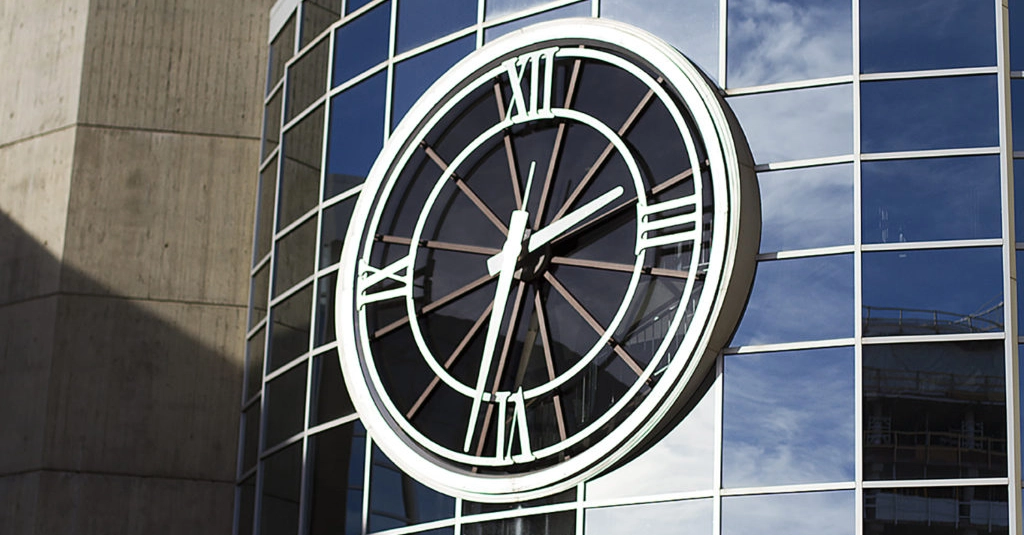Alberta’s economy is very dependent on oil, and with the one-year forecast for oil being $35 per barrel, the future can seem rather grim. This economic downfall can be scary for students, those who rely on government grants and loans, or those who depend on jobs in a province where unemployment rates have steadily increased over the past six months, according to Statistics Canada. In January 2016, “[the] unemployment rate in Alberta was higher than the national rate for the first time since December 1988,” Statistics Canada reported on Feb. 5. This fear has students wondering how they will be able to pay for their education in the future. Luckily, students don’t have to worry about tuition increases just yet, as the provincial government announced a two-year tuition freeze in September 2015. The freeze will apply until the end of the 2016-2017 school year.
“There is no increased cost to students. There is an increased cost to the university . . . This year, [the government] reimbursed the universities, colleges, and polytechs for a certain amount of that lost tuition for most of it. That will not happen in [2016]-17. That’s a functional loss of a couple million dollars to the university,” says John Corlett, provost and vice-president academic of MacEwan University.
Students don’t need to worry about an increase in tuition and fees, but MacEwan University is facing a considerable loss of potential revenue to run the university. This means cutting costs by increasing class sizes, running the university cheaper than in the past, and potentially cutting amenities from the school. However, few, if any, of the cuts have been academic, and none of the cuts will affect a student’s ability to receive an education, says Corlett.
He says that MacEwan does everything it can to keep school affordable for students, while maintaining its core mission of teaching, learning, and research. One way the institution cut costs was by switching to debit and cheque payments for tuition. “As a result, the university will save more than $600,000 in service fees charged by credit card vendors,” according to an email sent to all students on June 16, 2015.
“The one thing we have protected, as much as humanly possible, has been programs and courses . . . that’s our priority. We’re a student-first university, and that’s the way we try to treat our budget process,” says Corlett.
MacEwan’s courses are constantly being evaluated to see what is successful, and what needs to be changed or cut if students aren’t interested, says Corlett. Keeping programs and courses alive in MacEwan hasn’t been easy, and the university has had to rearrange its budget to keep programs versatile and satisfactory to university standards, he adds.
To the majority of students, hearing about a tuition freeze is a cause for celebration, but it can lead to a great amount of budgeting stress for the university. On average, tuition goes up about two per cent each year, and increases are tied to the cost of living, according to Corlett.
“Tuition is an investment. I know it can be a rather hard investment, but it has a lifetime payoff,” says Corlett.
“We need to lobby government together, so that they don’t lose sight of the fact that university, college, and polytechnic education is a public good. It’s the driver of intellectual capital and human resources. It’s where all of the workforce in a knowledge-based economy come from.”
Photo by Casey Pollon





0 Comments